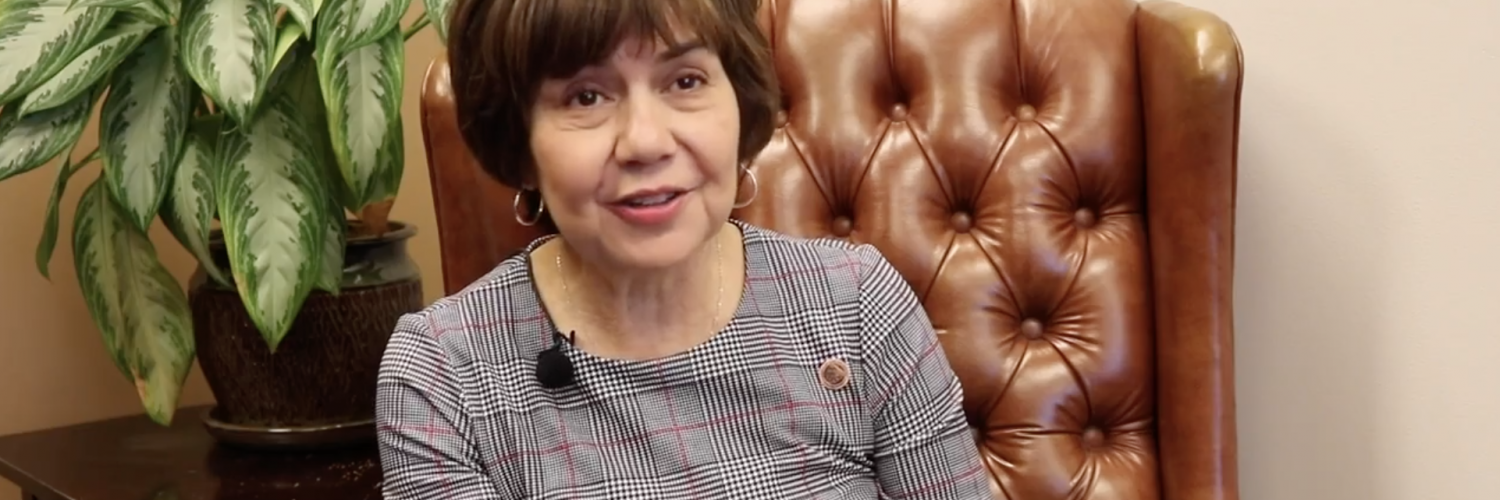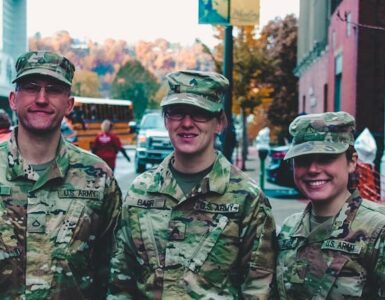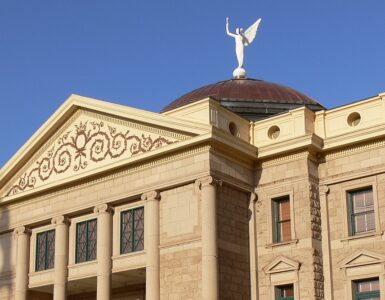The 2018 midterm election was historic in more ways than one. Not only did Arizona see historic voter turnout but the Arizona House of Representatives elected in a record number of Democrats, having the closest margin in more than 60 years.
Minority Leader-elect Charlene Fernandez (LD-4) will be representing the Democratic caucus in the 54th legislature.
Question: How does it feel to be chosen as the House Minority Leader?
Answer: I’m just very proud and honored to have been selected by my peers, my colleagues, to be the Minority Leader of the largest caucus ever since 1966. So, it’s pretty historical and exciting.
Q: What do you see being the biggest issues this year? How do plan on addressing them?
A: You know, statewide, looking at the issues, obviously, we know that education is still a big issue. The funding, the mechanism for funding, we know that we still have a teacher shortage, teacher retention issues. I’m still visiting classrooms that, unfortunately, have teachers that aren’t certified. I feel very hopeful that we’ll be able to work with the new superintendent, Ms. Hoffman. I’m just really excited about that and that maybe we can start incrementally working on those issues that affect outside of the metropolitan area, Maricopa County and Pima County, because those are a different kind of than our teachers are having. So, education’s a big issue.
What we hear a lot of is the water issue. So, that has to be dealt with in this legislative session, and pretty early on.
We have members on both sides of the aisle working recidivism and sentencing reform. We know the Department of Correction, one of the largest agency budgets in the state of Arizona, [has] a billion dollars that we need to start curtailing, you know, how many people we incarcerate. So, we do have to look at those issues.
So, I think those are very important [but] there are so many other ones. Workforce development, infrastructure, we’ve been neglecting our roads for so many years that we’re going to have to play catch up very quickly. And, as I said, workforce to make sure that the jobs are there for our young people that are leaving our universities with degrees in hand and we need to make sure they stay in Arizona.
Q: How do you think having a smaller margin in the House will affect this session?
A: I think now the majority, the slight majority, realizes that they’re going to have to work with us. I think we saw a lot of that in the last session, where we were called upon with the opioid legislation. Our caucus played a very big part of that legislation. The Governor’s office and the majority party came to us and asked us for many of our ideas, anything that we thought would improve the legislation, and with that they needed our votes. It was a coming together of minds, we sat down at a table, worked at the legislation and I think we came together for something very, very good for Arizona. Is it perfect? No. Can we fix it? Yes, but the idea that we built something together, I think that should be a model for what we can do at 29-31. So, I think we’re in a very good place.
Q: How do you plan to work across the aisle to get bipartisan bills passed?
A: I’m very excited that I can meet with Speaker-elect Bowers, just give him a call, we talk on the phone. I can go downstairs, and he’ll sit down and talk with us. Last year, Mr. Mesnard was very good about weekly meetings, I’m sure we’re going to keep that up. In fact, Speaker-elect Bowers has said that we will, and I take him at his word. So, those are important meetings where we can sit down and not just talk about what’s happening here in the house, without members, but what’s happening outside the doors and I think it’s important that we talk about those issues, that he lets members know that it’s okay to work with us. I just addressed one of the largest freshman class[es] of legislatures ten minutes ago and the one thing I asked them was to work together, not to worry about what letter was next to their name, whether it be a D or an R, it doesn’t matter. If they can come together and build some great legislation, then bring it forth.
Q: What is your biggest goal for this legislative session?
A: I think at the end of the session if we’ve had some wins, and those wins would be legislation that we built together, if we look out and our electorate says that we were responsive to them, that we were open, that they could come here and help us debate some of the issues [then] that means we’re listening to bills from both Democrats and Republicans, bipartisan bills also, and have our electorate come in and talk to us about these bills, I think those are wins. We want to hear from the people who voted us in here, even the people that didn’t vote for us. We want to make sure that that word gets out, that we’re here to help.
















Add comment